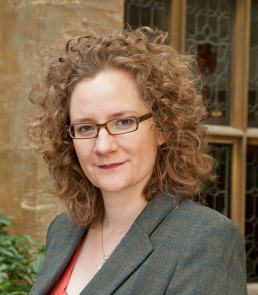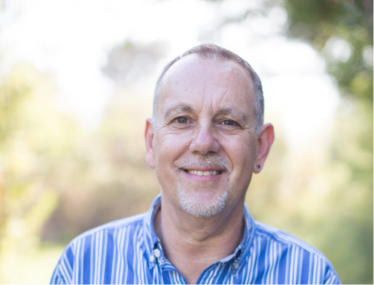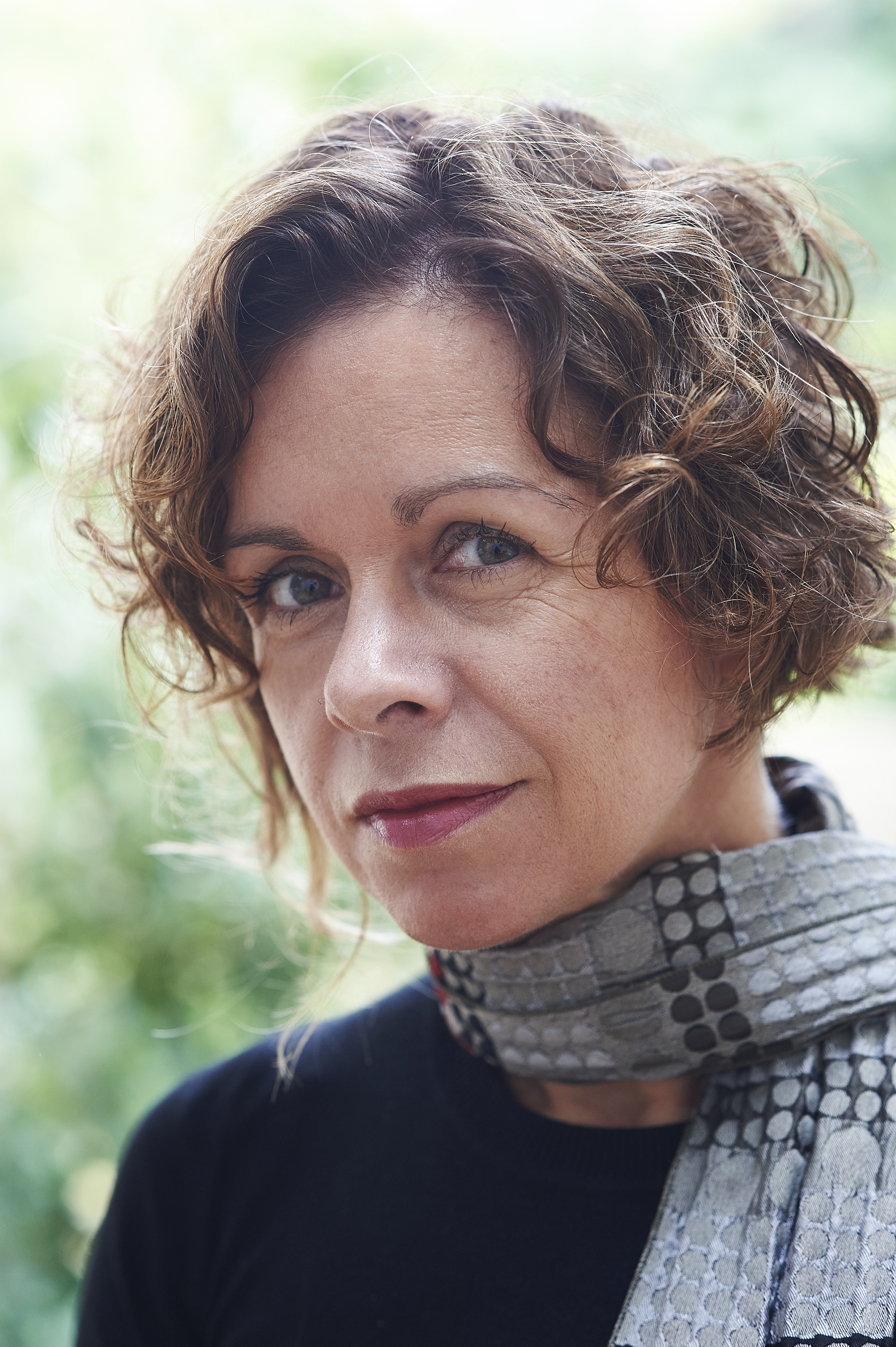Prof Elena Fiddian-Qasmiyeh (PI)

Elena Fiddian-Qasmiyeh is the Principal Investigator leading the Refugee Hosts project; she is Professor of Migration and Refugee Studies and Co-Director of the Migration Research Unit at University College London (UCL), where she is also the Coordinator of the UCL-wide Refuge in a Moving World interdisciplinary research network (@RefugeMvingWrld).
Elena’s research focuses on the intersections between gender, generation and religion in experiences of and responses to conflict-induced displacement, with a particular regional focus on the Middle East. She has conducted extensive research in refugee camps and urban areas including in Algeria, Cuba, Egypt, France, Lebanon, South Africa, Syria, Sweden, and the UK. Drawing on a critical theoretical perspective, her work contributes to key debates surrounding refugees’ and local host community members’ experiences of conflict-induced displacement, the nature of refugee-host-donor relations, and both North-South and South-South humanitarian responses to forced migration. Her recent publications include The Ideal Refugees: Gender, Islam and the Sahrawi Politics of Survival (Syracuse University Press, 2014), South-South Educational Migration, Humanitarianism and Development: Views from the Caribbean, North Africa and the Middle East (Routledge, 2015), The Oxford Handbook of Refugee and Forced Migration Studies (co-editor, Oxford University Press, 2014, paperback published in 2016), Intersections of Religion and Migration: Issues at the Global Crossroads (co-editor, Palgrave, 2016), and The Handbook of South-South Relations (co-editor, Routledge, 2018).
In October 2015, Elena was awarded a 2015 Philip Leverhulme Prize in recognition of her research into humanitarian responses to the Syrian refugee crisis in the Middle East; in 2016 she was awarded a major European Research Council grant (1,5 million Euro) for her new 5 year project, Analysing South-South Humanitarian Responses to Displacement from Syria.
Contact Elena on: e.fiddian-qasmiyeh@ucl.ac.uk and follow her on @RefugeMvingWorld.
Prof. Alastair Ager (Co-I)

Alastair Ager is Director of the Institute for Global Health and Development, Queen Margaret University, Edinburgh and Professor of Population and Family Health at the Mailman School of Public Health, Columbia University. He has worked in the field of health and development for over 30 years, after training in psychology at the universities of Keele, Wales and Birmingham. He has worked as Head of the Department of Psychology at the University of Malawi; Senior Research Manager for health and education research with the UK Department for International Development; and Executive Director of the Global Health Initiative and Director of the DrPH in Leadership in Global Health and Humanitarian Systems at the Mailman School of Public Health, Columbia University. He has worked as a consultant with a broad range of agencies including UNICEF, UNHCR, WHO, Save the Children, World Vision and ChildFund International.
Alastair is active in five major areas of research: the engagement of local faith communities in humanitarian response (in collaboration with the Joint Learning Initiative on Faith and Local Communities and a range of faith-based, secular and academic partners); the evaluation of humanitarian programming (particularly with regard to protection and psychosocial support of refugee children); health systems resilience in contexts of crisis (especially through work in northern Nigeria and the Middle East); the adjustment and well-being of humanitarian workers (in collaboration with the Antares Foundation); and health research capacity strengthening. His work is currently funded by DFID, the Wellcome Trust, the US National Institutes of Health, the ESRC and the AHRC.
He is author of over one hundred scholarly publications including papers in Science, The Lancet, the British Medical Journal, Social Science and Medicine, Health Policy and Planning and the Journal of Refugee Studies and the book Faith, Secularism and Humanitarian Engagement (Palgrave, 2015), co-authored with his son, Joey Ager.
Contact Alastair on AAger@qmu.ac.uk and follow him on @AlastairAger
Dr Anna Rowlands (Co-I)

Dr Anna Rowlands is a Political Theologian with a background in the social sciences as well as theology. She is Lecturer in Contemporary Catholic Theology and Deputy Director of the Centre for Catholic Studies in the Dept of Theology and Religion, Durham University, UK. She has worked in the area of theological ethics and human migration for nearly a decade, working in particular on questions of European policy, immigration detention and narratives of the good. She is the co-author of a comparative piece on Christian and Islamic traditions of thought on migration, and has researched and written on community based responses to migration in a UK setting. She is an editor of T&T Clark Reader in Political Theology (2016) and Anglican Social Theology (2014), and the author of the monograph Catholic Social Teaching: A Guide for the Perplexed (Bloomsbury: 2017). She works with a number of UK faith-based organisations in the field of migration and development work. She has additional research interests in the work of Hannah Arendt, Simone Weil and Gillian Rose (on whom she completed her PhD research). Her interests lie at the intersection of theological metaphysics and ethics, political theory, the practice of the church and the practice of politics. She also has a long term commitment to working as a community organiser.
Contact Anna on anna.rowlands@durham.ac.uk and follow her on @AnnaRowlands1
Prof. Lyndsey Stonebridge (Co-I)

Lyndsey Stonebridge is Professor of Humanities and Human Rights in the Department of English Literature and Institute for Research into Superdiversity, (IRiS) at the University of Birmingham. Her research focuses on twentieth-century and contemporary literature and history, Human Rights, and Refugee Studies, drawing on the interdisciplinary connections between literature, history, politics, law and social policy. She is a scholar of the political philosopher, Hannah Arendt and following Arendt, adopts a comparative and question-driven approach to modern cultural history.
Her most recent book Placeless People: Writing, Rights, and Refugees (Oxford University Press, 2018) is a polemical study of how the literature of exile gave way to a more complicated and vexed articulation of statelessness in the mid twentieth century. In 1944 Hannah Arendt wrote: ‘Everywhere the word ‘exile’ which once had an undertone of almost sacred awe, now provokes the idea of something simultaneously suspicious and unfortunate.’ The book offers an intellectual and literary history of that transition, by showing how Arendt read literature to think about rightlessness, and how mid-century writers, such as George Orwell, Samuel Beckett, Simone Weil, and W.H. Auden, were concerned to register to the emergence of mass displacement in their writing. These writers all respond to a challenge that remains with us today: how might we imagine community and sovereignty beyond nation state histories?
Placeless People is a follow-on to The Judicial Imagination: Writing after Nuremberg (2011/14), winner of the British Academy Rose Mary Crawshay Prize for English Literature, 2016, which also took the work of Arendt as a theoretical starting point in order to think about the relation between law, justice and literature in the aftermath of total war and genocide. Her other books include: The Destructive Element (1998), Reading Melanie Klein (with John Phillips, 1998), The Writing of Anxiety (2007), and British Fiction after Modernism (with Marina MacKay, 2007). Lyndsey is currently completing a short polemical book for OUP’s Literary Agenda Series, Writing and Writing: Literature in an Age of Human Rights (2019).
Contact Lyndsey on l.j.stonebridge@bham.ac.uk and follow her on @LyndseyStonebri

You must be logged in to post a comment.